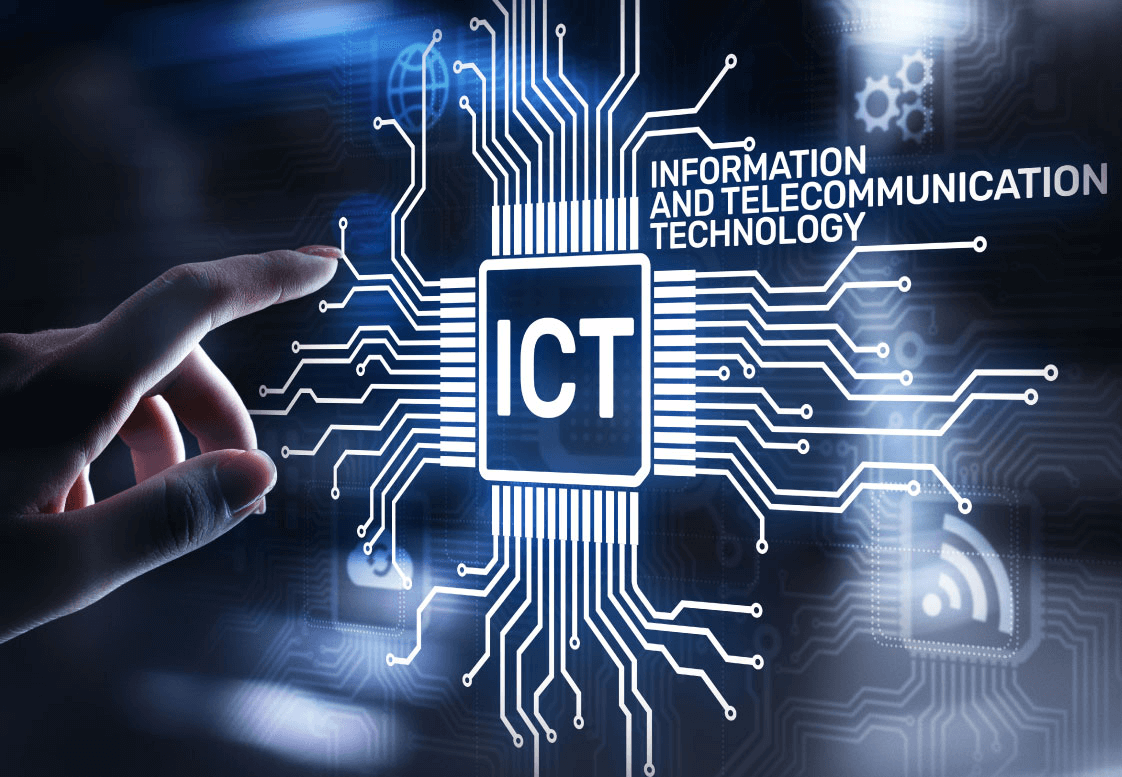In the 21st century, Information and Communication Technology (ICT) has emerged as the linchpin of our interconnected world, driving transformative /oktoday.us/ changes across every facet of society. From revolutionizing communication to fostering innovation and economic growth, ICT stands as a catalyst for progress, breaking down barriers and shaping the landscape of the digital age.
Table of Contents
ToggleThe Digital Revolution:
At its core, ICT encompasses the convergence of technologies that facilitate the acquisition, processing, storage, and dissemination of information. This digital revolution has fundamentally altered the way individuals, businesses, and governments interact, communicate, and conduct their affairs.
Connecting the World:
One of the most profound impacts of ICT is its role in connecting people globally. The internet, a cornerstone of ICT, has transformed the world into a global village, enabling instant communication and collaboration across borders. Social media, online platforms, and communication tools have reshaped the way we connect, share information, and engage with the world.
Empowering Individuals:
ICT has democratized access to information and knowledge. The ubiquity of smartphones and digital devices has empowered individuals to access educational resources, healthcare information, and a wealth of knowledge at their fingertips. This democratization of information has the potential to uplift communities and bridge socio-economic gaps.
Driving Innovation:
Innovation thrives in the ecosystem fostered by ICT. From artificial intelligence and big data analytics to the Internet of Things (IoT), ICT provides the foundation for groundbreaking technologies that are reshaping industries. The ability to process vast amounts of data and derive meaningful insights has opened new frontiers in research, healthcare, and business.
Transforming Industries:
ICT has become a cornerstone of modern industries, revolutionizing the way businesses operate. E-commerce, cloud computing, and digital marketing are just a few examples of how ICT has transformed traditional business models. The agility and efficiency afforded by these technologies contribute to economic growth and competitiveness.
E-Governance and Digital Services:
Governments worldwide are leveraging ICT to enhance service delivery and governance. E-governance initiatives streamline administrative processes, improve transparency, and provide citizens with convenient access to public services. Digital identification systems and online platforms contribute to more efficient and responsive governance structures.
Cybersecurity Challenges:
While the benefits of ICT are undeniable, they come with the challenge of cybersecurity. The interconnected nature of digital systems makes them susceptible to cyber threats. Securing data, protecting privacy, and mitigating cyber risks have become critical considerations in the era of ICT.
The Internet of Things (IoT) Revolution:
As ICT evolves, the integration of IoT is reshaping our physical world. Everyday objects, from household appliances to industrial machinery, are becoming interconnected, creating smart ecosystems. This connectivity enhances efficiency, reduces resource consumption, and opens new possibilities for automation and data-driven decision-making.
ICT for Sustainable Development:
The potential of ICT to contribute to sustainable development is significant. From precision agriculture and environmental monitoring to telemedicine and remote education, ICT plays a pivotal role in addressing global challenges. Harnessing these technologies responsibly is crucial for creating a more sustainable and inclusive future.
Future Prospects:
As we look to the future, the role of ICT is poised to expand even further. Emerging technologies like 5G, quantum computing, and advanced artificial intelligence will redefine the possibilities of what ICT can achieve. The continued integration of technology into every aspect of our lives will shape the trajectory of human progress in the decades to come.
Conclusion:
Information and Communication Technology stand at the forefront of the digital revolution, driving societal, economic, and technological transformations. Its impact is pervasive, from connecting individuals across the globe to fostering innovation and sustainability. As we navigate the complexities of the digital age, responsible and inclusive deployment of ICT holds the key to unlocking a future where technology serves as a force for positive change, connecting, empowering, and advancing humanity.


